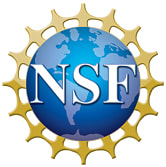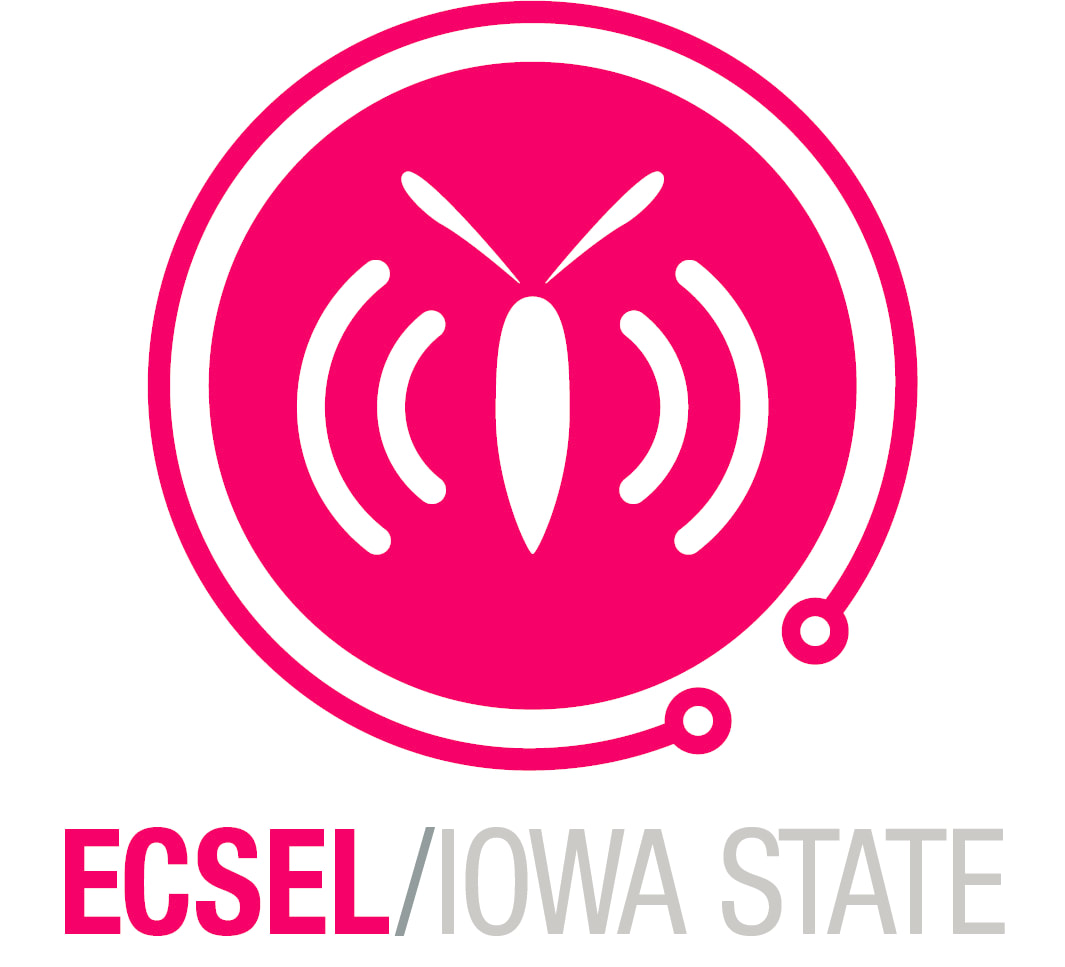ECSEL: ELECTRICAL, COMPUTER, AND SOFTWARE ENGINEERS AS LEADERS |
About |
“Recognizing that financial aid alone cannot increase retention and graduation in STEM, the program provides awards to Institutions of Higher Education (IHEs) to fund scholarships and to advance the adaptation, implementation, and study of effective evidence-based curricular and co-curricular activities that support recruitment, retention, transfer (if appropriate), student success, academic/career pathways, and graduation in STEM…The program seeks: 1) to increase the number of low-income academically talented students with demonstrated financial need obtaining degrees in STEM and entering the workforce or graduate programs in STEM; 2) to improve the education of future scientists, engineers, and technicians, with a focus on academically talented low-income students; and 3) to generate knowledge to advance understanding of how factors or evidence-based curricular and co-curricular activities affect the success, retention, transfer, academic/career pathways, and graduation in STEM of low-income students.” (from the NSF S-STEM page)
|
At Texas A&M University - Commerce |
This multi-institutional research project employs a two-pronged approach: (1) To provide scholarships to a diverse population of low-income academically talented students with financial need; and (2) to adapt, implement, and test a student experience model designed to increase the success of students in those fields. The primary disciplinary foci are Electrical, Computer, and Software Engineering (ECSE). NSF S-STEM funding (NSF grants EEC-1565130, EEC-1564795, and EEC-1564748) provides for Electrical, Computer, and Software Engineers as Leaders (ECSEL) scholarships and programming for undergraduate students majoring in electrical, computer or software engineering at Iowa State University, with similar programs at partner community colleges. The project plans to award scholarships to 272 students (100 unique scholars at Iowa State University, 90 at Des Moines Area Community College, and 82 at Kirkwood Community College). Using a student experience model that includes a set of well-established evidence-based practices, the project seeks to form an ecosystem of academic and co-curricular supports for students to foster retention, transfer, and graduation in STEM. The RRG leads a longitudinal phenomenological qualitative research study of the engineering identity development of these scholarship recipients. (adapted from the ECSEL website)
|
Publications & Presentations
Rodriguez, S. L., Cunningham, K., Estes, N., Sissel, M. (2018, April). SSTEM Successes and Challenges: Engineering Identity Development for Women in Computer, Electrical, and Software Engineering. Presented at the American Educational Research Association, New York, NY.
Rieman, M.; Zambrenp, J.; Rover, D.; Jacobsen, D.; Rajala, S.; Shelley, M.; Jones, P.; Mina, M.; Larson, L.; Rodriguez, S.; Chrystal, L.L.; Thorland-Oster, V.; Kemi, M. (2017) “ECSEL: Electrical, Computer, and Software Engineers as Leaders,” presented at the ECpE Graduate Student Poster Session, Coover Hall, Iowa State University, 30-Mar-2017. https://ecsel.ece.iastate.edu/wp-content/uploads/2016/11/poster-general.pdf
Rieman, M.; Zambrenp, J.; Rover, D.; Jacobsen, D.; Rajala, S.; Shelley, M.; Jones, P.; Mina, M.; Larson, L.; Rodriguez, S.; Chrystal, L.L.; Thorland-Oster, V.; Kemi, M. (2017) “ECSEL: Electrical, Computer, and Software Engineers as Leaders,” presented at the ECpE Graduate Student Poster Session, Coover Hall, Iowa State University, 30-Mar-2017. https://ecsel.ece.iastate.edu/wp-content/uploads/2016/11/poster-general.pdf
Partners
Department of Electrical and Computer Engineering – Iowa State University | Women in Science and Engineering (WISE)– Iowa State University |
Des Moines Area Community College (DMACC) | Kirkwood Community College
Des Moines Area Community College (DMACC) | Kirkwood Community College
Any opinions, findings, and conclusions or recommendations expressed in this material are those of the author(s) and do not necessarily reflect the views of the National Science Foundation.


